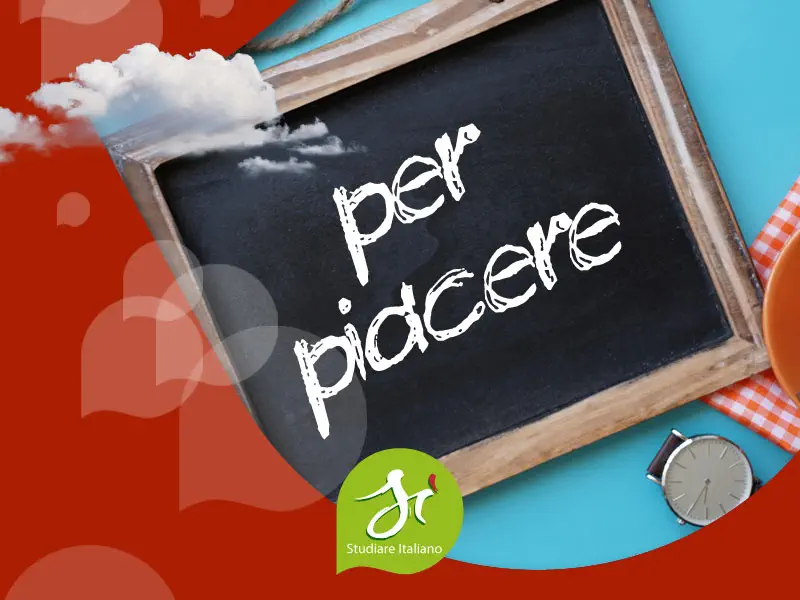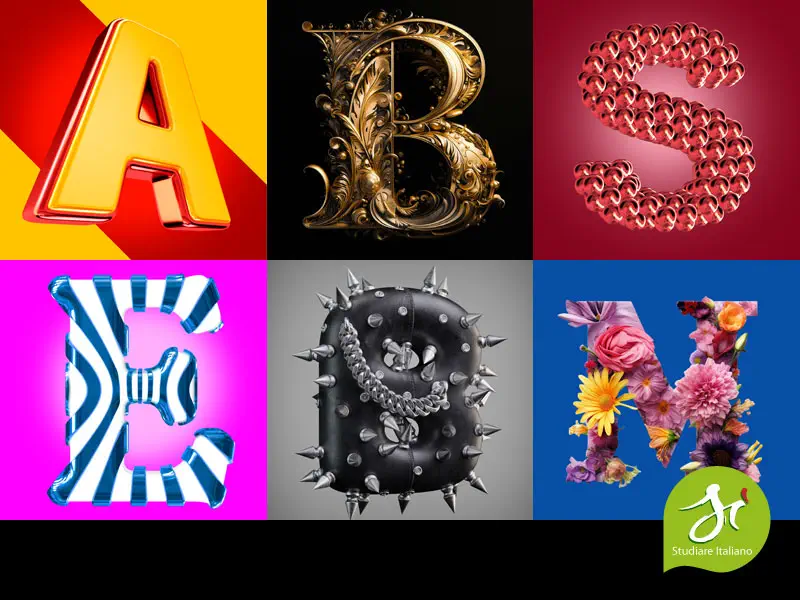A city steeped in history and ancient traditions, Florence has no shortage of classic proverbs that reveal the character of its frank, irreverent yet somewhat questionable inhabitants. If you’re planning a trip to Florence, Italy, it’s a good idea to learn some basic Italian phrases to help you navigate the city and interact with locals. Below we have selected the 7 most popular ones.
Fare un giro pesca
“Scusa il ritardo, ma per arrivare ho trovato una strada chiusa e ho fatto un giro pesca!”
“Fare un giro pesca” is a common expression in Florence, but almost incomprehensible in the rest of Italy. Its meaning represents a winding and unnecessarily long road to reach a certain goal. The etymology of the proverb is ambiguous. But most likely it is derived from the verb ‘pescale’, which means ‘take at random’. Thus, a “Fare un giro pesca” becomes a route that involves taking random paths in hopes of finding the right direction.

Non avere il becco d’un quattrino
“Quest’anno niente vacanze, non ho il becco di un quattrino!“
“Non avere il becco di un quattrino” is also a typical Florentine expression that clearly means (at least for the Florentines) no money. The term “quattrino” certainly refers to the low value copper coins issued in Tuscany between the 13th century and his 18th century. On the other hand, the word “becco ” has a more uncertain meaning. According to the 17th-century intellectual Paolo Minucci, it was merely an amplification to emphasize the scarcity of the money supply, and had no other special meaning.
Uscio e bottega
“Casa mia e la scuola son’uscio e bottega”
To be “uscio e bottega” with someone or something means that two people (or things) are very close to each other. This proverb comes from the typical urban architecture of ancient Florence. In fact, craftsmen often sold their wares not inside the shop, but at the trading counter under the large arch in front of the shop. On the other hand, the entrance to the apartment (“uscio ” in Florentine) was inside the store, and almost no customers entered.
Poggio e buca fa pari
“Ieri ho vinto, oggi ho perso. Pazienza! Poggio e buca fa pari!”
This proverb is used by Florentines to denote a situation that balances an opposing situation (positive or negative) that has occurred previously. “Poggio”and “buca” symbolize positive and negative events, balancing each other..
Meglio aver paura che buscarne
“Io delle sue promesse non mi fiderei troppo. Meglio avè’ paura che buscarne!”
“Meglio aver paura che buscarne” is a proverb often used to convey suggestions and advice. The word “buscarne” means “to hit” or “to be struck”. The implication is that being careful to stay out of trouble pays off. Not a phrase quoted to express fear. Rather, it reminds us to think wisely and positively.
Ti do le paste!
“Te sei più bravo a tennis, ma a giocare a calcio ti do le paste!”
“Ti do le paste” is a famous Florentine proverb used by men and women of all ages, meaning to be far superior to someone in some way. This is a saying that probably comes from sports tradition. It was said that if in a competition the winner crossed the finish line long before the other competitors, there would even have been time to cook the “paste“while waiting for the other competitors to arrive. ( “paste” stays for “Pastasciutta”)
In corpo c’è buio
“Non fare lo schizzinoso, mangia! In corpo c’è buio!”
This term is used when food looks unappetizing. Contrary to the modern “Nouvelle Cousine” philosophy, food does not have to be beautiful to be good.
Learning these Italian phrases will not only make your trip to Florence more enjoyable, but it will also show locals that you’re making an effort to communicate in their language.
If you’re interested in learning more Italian for tourists or deepen into Italian culture, consider taking a language course during your trip. Check out our Italian language school in Florence that offer Italian language courses for tourists of all levels.


